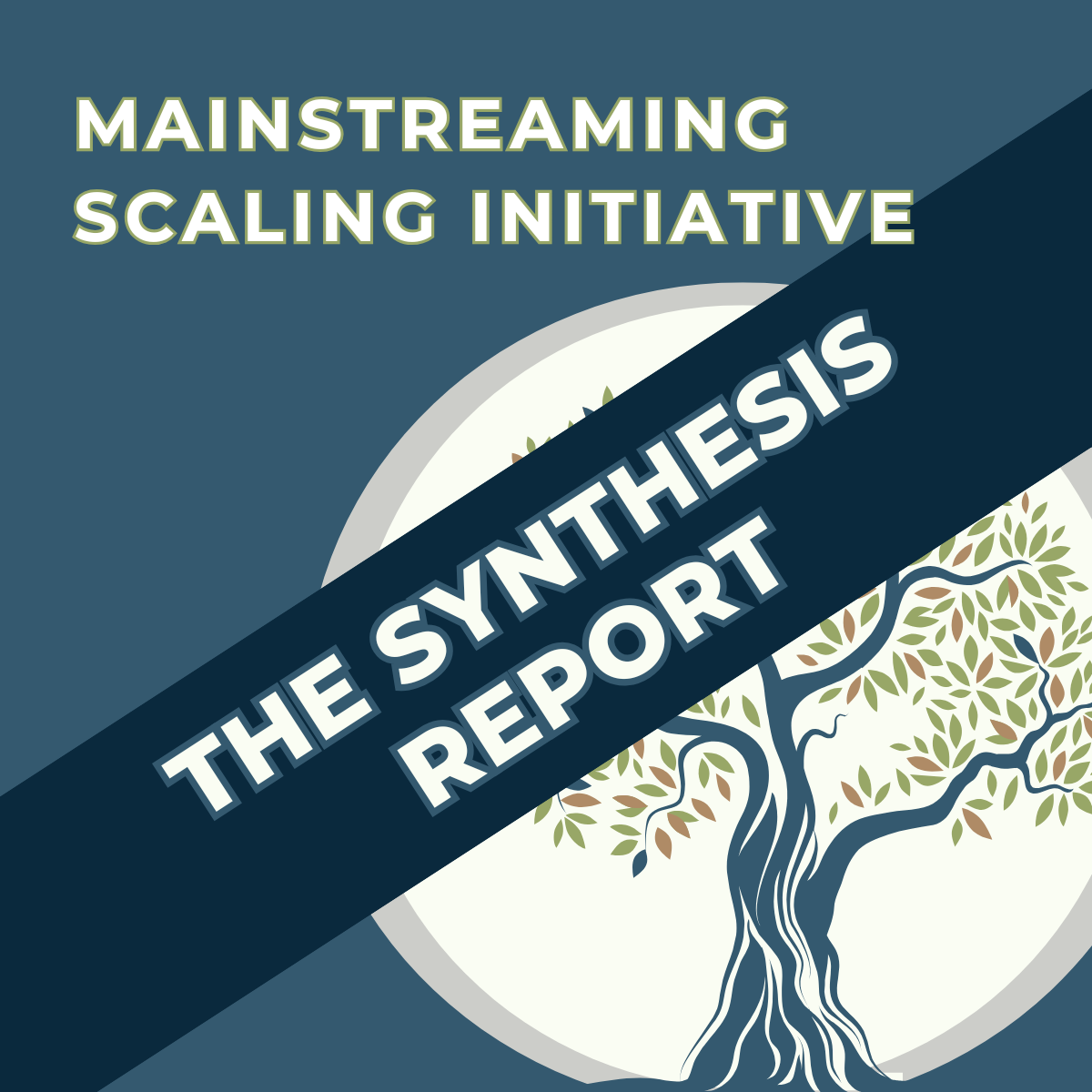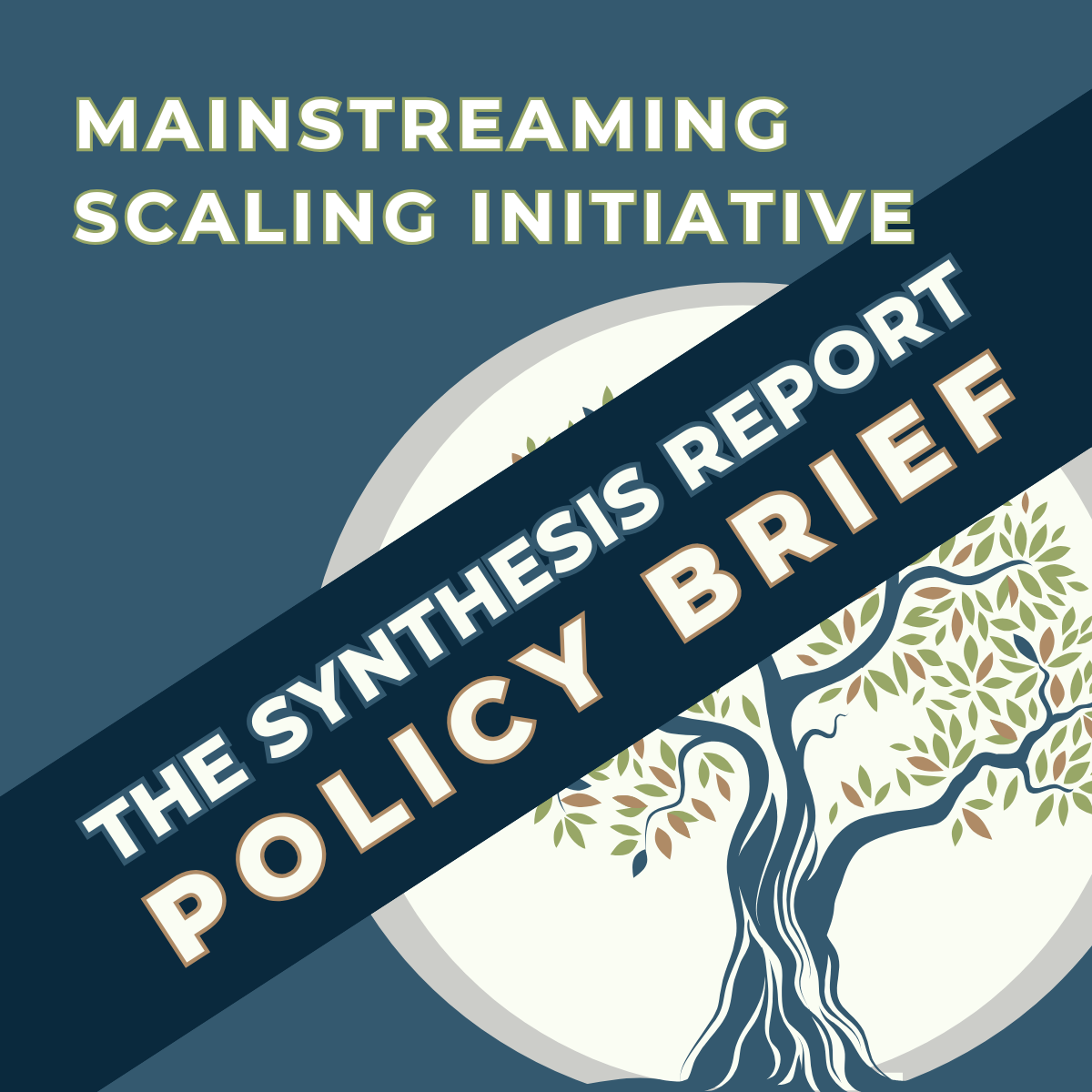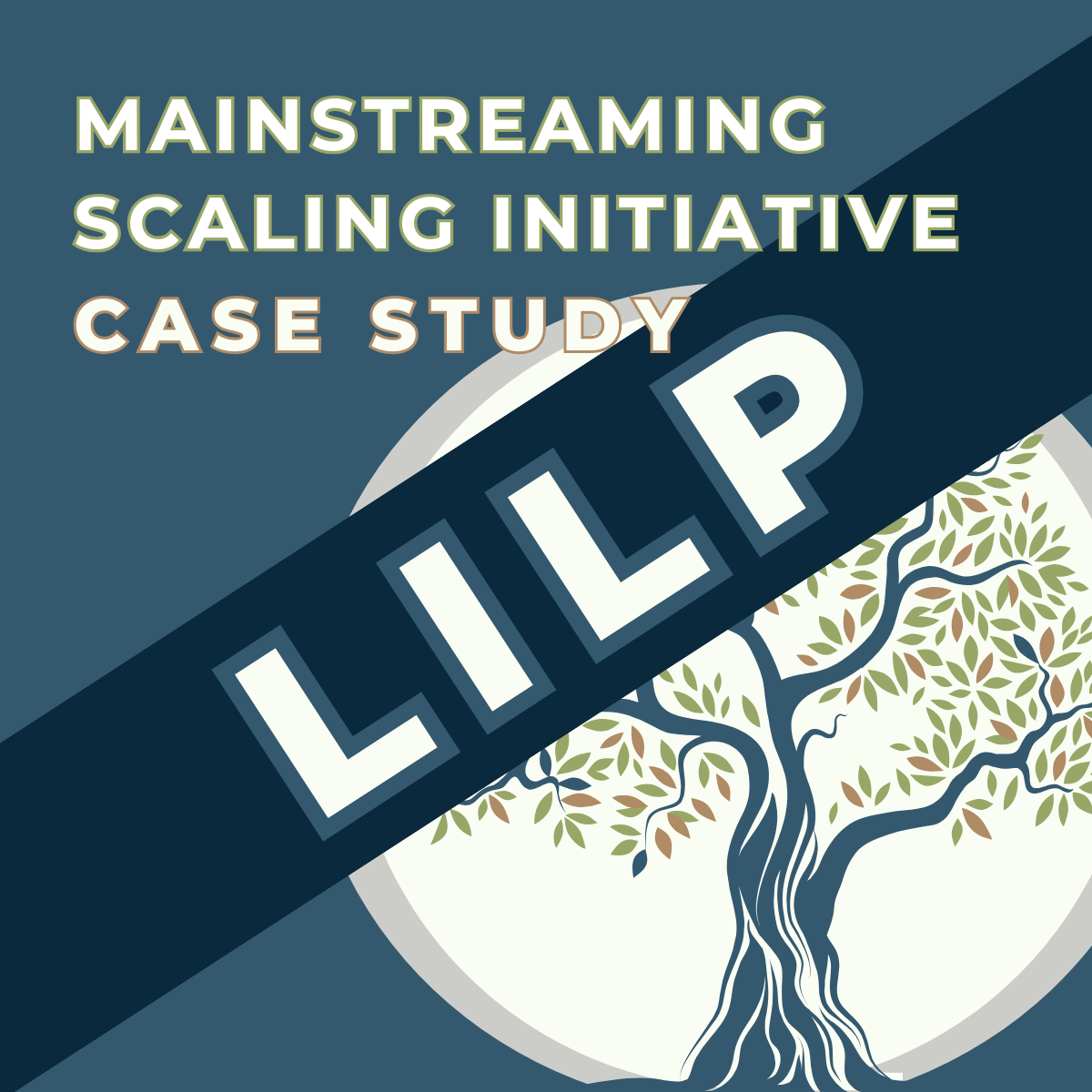Investments that catalyze livelihoods with poor households makes sense. Households that build income earnings, contribute to the local economy, and accumulate assets to build resilience and wealth. It is not everything a household needs but livelihoods build a strong foundation. Done well it allows the private sector and governments to move on to more advanced goals. Making investments in the poorest households makes sense – how do we do this effectively?
This BRAC post outlines the Essentials of programs which are underpinned by the long term evidence. The rigor and evidence for the Graduation approach are strong, but WHY is this ABC package (Assets, Basic Needs, Coaching) effective?
Imagine a household that is food insecure and the woman on whom the household primarily depends is anemic. Her physical energy is more limited. Household members’ mental bandwidth is focused on their next few meals. They must give what they have to getting through the next few days and weeks. This is not a circumstance under which anyone can be at their best planning several months ahead or able to give mental or physical energy to an opportunity that has a long term pay off one year from now. For these vulnerable households, their networks of family support may be thin and help from neighbors uncertain. This is why the first stage of a strong Graduation program ensures that a household’s basic needs are met – this provides the physical and mental cushion needed to begin to think ahead.
Only once these basic needs are stabilized the household head can begin to engage in the preparation needed to invest and build economically. It is at this next stage that Graduation introduces a Big Push investment. The single greatest book written on the financial lives of the poor, in my view, is Portfolios of the Poor. This built on research of financial diaries of poor households and we learned how households make complex everyday decisions. One of the biggest drivers of behavior is the need to accumulate large lump sums – sometimes for social obligations like marriage. Often, lump sums are needed to make an early stage investment in an income earning opportunity—say a few goats from the market. Households in poverty save and borrow to gain these large sums. For households in the deepest state of poverty, Graduation provides a “big push” asset like cattle or lump sum cash to help the household overcome a threshold and use this this this sizable lump sum to launch a new income earning venture—launching a new path succeed early and grow. This early stage investment is a well understood concept in business and finance and similar for households in extreme poverty.
From the beginning to the end of this two year period the third vital element is Coaching. This involves an in-person meeting, individually or in group, at regular intervals. Many programs it is weekly. This is often the least well understood part of the entrepreneurs journey. Some say its paternalistic or too costly. But this seems to be an view applied to households in poverty seeking business growth versus what is quite common in business. There are large ecosystems of investments being made in support given to the start-up industry. This recent blog from Shortlist (link to Paul Breloff’s recent post I commented upon) on what entrepreneurs want from their backers. It is estimated the corporate world spends nearly $4 billion (please check and reference th is figure) annually on leadership coaching. This is rarely considered paternalistic and many see the return on investment for these businesses to be high.
Coaching matters for many reasons. There is technical content that may help the business – such as how to immunize or feed ones cattle. But often the larger barrier might be gaining confidence to take on a new business idea. Some of the gains are the regular meetings which are a discipline that help us all change our behaviors (regular short interventions are standard in the behavioral sciences). Regular meetings also help programs see early when participants may be off track and flag the reasons, and allow for interventions that may bring the participant back on track.
The reasons Graduation work and gets such strong results is that it combines these three ABC elements into a tight efficient package. This package is time limited because it has an end goal and can get there based on the progress made The logic and power underneath it is well established and on the face of it – this just makes sense. It’s not that different for much larger business ventures. Households in extreme poverty of course have some unique characteristics but in this sense the Graduation program provides start up support not so different from much larger start-ups, mom and pop shops and even similarities with executives in Fortune 500s.


